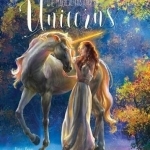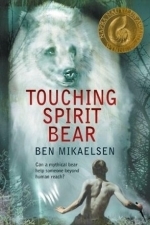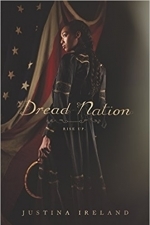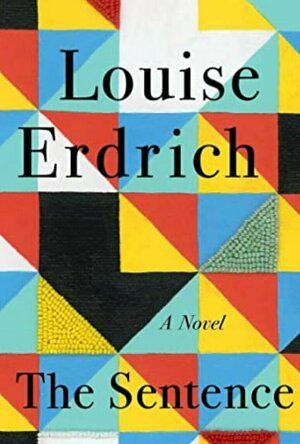
A Fur Trader on the Upper Missouri: The Journal and Description of Jean-Baptiste Truteau, 1794-1796
Archivo General de Indias, Jean-Baptiste Truteau, Raymond J. DeMallie and Douglas R. Parks
Book
A Fur Trader on the Upper Missouri offers the first annotated scholarly edition of Jean-Baptiste...
Goddess in the Stacks (553 KP) rated Dread Nation in Books
Jul 24, 2018
I should not have.
Before I start in on this, let me say it's a good story. It's well-written, the plot is paced nicely, and it's entertaining. All that said, it's quite problematic in many ways. I knew some of this before I read it; there was a Twitter thread about some of the issues, namely that in the Author's Note she describes the Native American boarding schools (where the government forced Native American children to go, and tried to destroy their heritage and culture in the name of "civilizing" them) as "well-meaning." The Twitter thread does an excellent job of dissecting that passage, and it's worth reading.
There's also the incredibly unrealistic scene where Jane gets flogged eleven times, walks back to where she's staying, has a coherent conversation where she lays out a plan she has formed, and then puts a shirt on. That last part especially got me. Like, what? You're going to be in more pain than that! Being flogged barely seems to slow Jane down. She asks for laudanum - for her plan. Not to take for the pain.
I don't know. There's a lot about the book that set my teeth on edge. There's the absurd amount of racism, but the protagonist is a black woman and it's civil war era, so that's to be expected. And it's coming from characters, not from narration. Jane lies. A lot. So it's hard to trust that she's even a reliable narrator.
I guess it's okay. I didn't care for it. I found it really hard to get past the author's "well-meaning" comment about the Native American boarding schools. And the plot of "as soon as they're old enough, black children get sent to combat schools." Especially with what's going on lately with the jailing of migrant children, it feels tone-deaf, ignorant, and genocidal.
One good point was the oh-so-casual mention of bisexuality (a female friend taught her "everything she knows about kissing") but it was only two sentences and never mentioned again. Not nearly enough to make up for the rest of the book.
You can find all my review at http://goddessinthestacks.wordpress.com

The Tartan Turban: In Search of Alexander Gardner
Book
'Among the many gripping tales of travel and exploration the tale of Alexander Gardner is surely one...
history

The Patapsco: Baltimore's River of History
Book
Long the main resource on this key American river, this books expanded second edition includes...

The Secret of Evil
Book
Roberto Bolano confirmed his place as a giant of Latin American literature with his novels The...
ClareR (6067 KP) rated The sentence in Books
May 1, 2022
The Sentence is, amongst other things, a book about books. It’s also a book about Tookie, who works in a bookshop and is haunted by a deceased customer. Tookie has a colourful past, which involves imprisonment after it was discovered she had smuggled drugs over county lines, strapped to the corpse of a friends boyfriend. She didn’t know about the drugs, but she certainly knew about the dead body! Prison gave her plenty of time to read, and she leaves prison with a huge knowledge of literature.
On release Tookie gets a job in a Native American bookshop, and marries the Police officer who arrested her. Like her, he is also Native American.
This is a book of two halves: before and during the Covid-19 pandemic. The ghost of the customer, Flora, remains in the bookshop for most of the book, whilst Minneapolis sees a lot of important things going on: the death of George Floyd, Black Lives Matter marches, the Covid-19 epidemic, isolation from friends and family, illness, near death experiences and the importance of heritage.
I loved this book. Like I’ve said, I’m just glad that I won’t have to decide the Women’s Prize winner. I still have some books to read from the long list, which I still want to read even though the shortlist has been announced - so watch this space!

The Magical History of Unicorns
Book
Enter the fantastical and enchanting world created by artist Josephine Wall, populated by fairies,...
Straight Bourbon: Distilling the Industry's Heritage
Carol Peachee, Bill Samuels and Carolyn Brooks
Book
The story of bourbon production is a tale of American innovation, industry, and craft. Join...

Touching Spirit Bear (Spirit Bear #1)
Book
After severely injuring Peter Driscal in an empty parking lot, troublemaker Cole Matthews is in...

Personal Narrative of a Journey to the Equinoctial Regions of the New Continent
Book
One of the greatest nineteenth-century scientist-explorers, Alexander von Humboldt traversed the...


